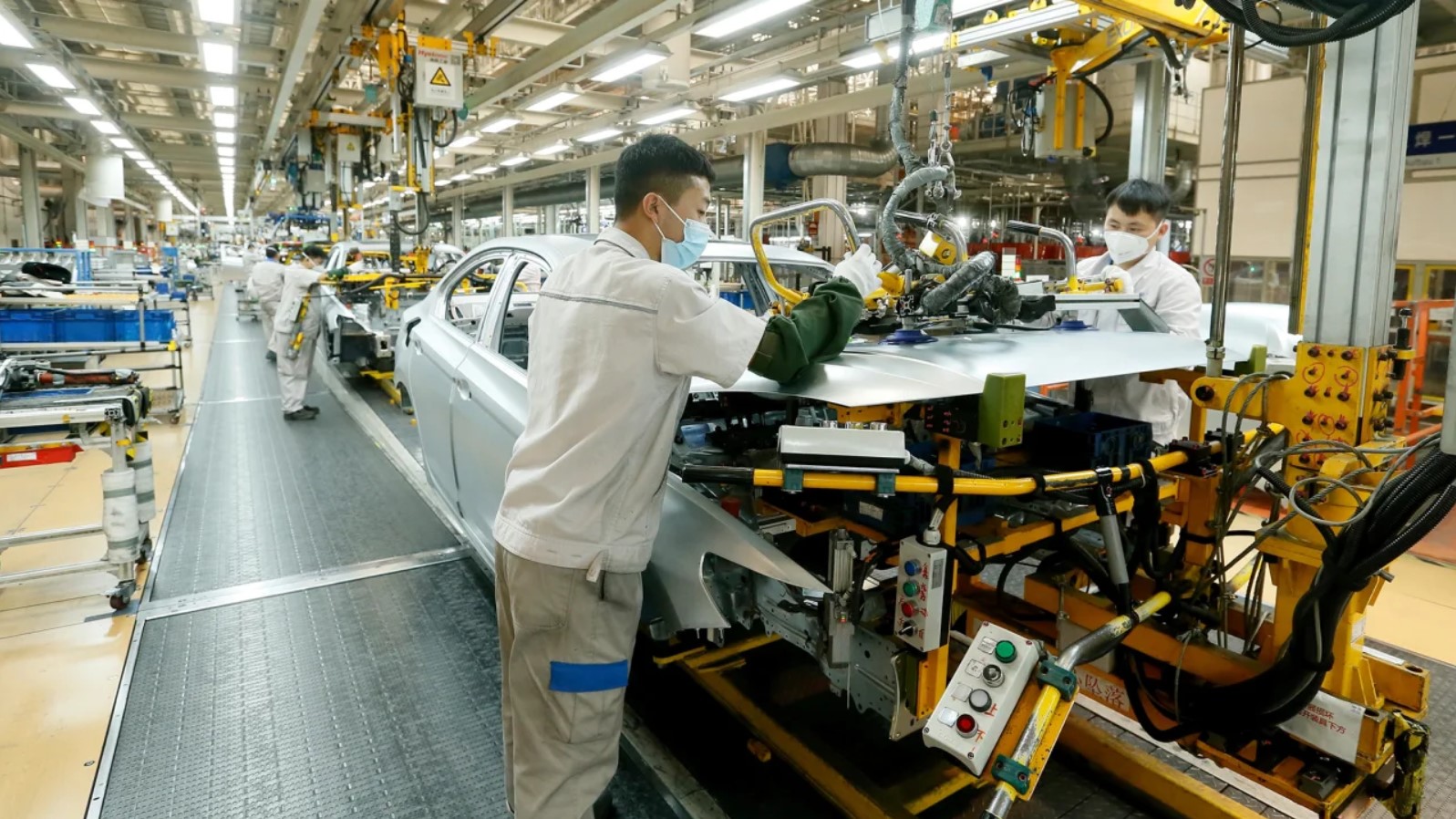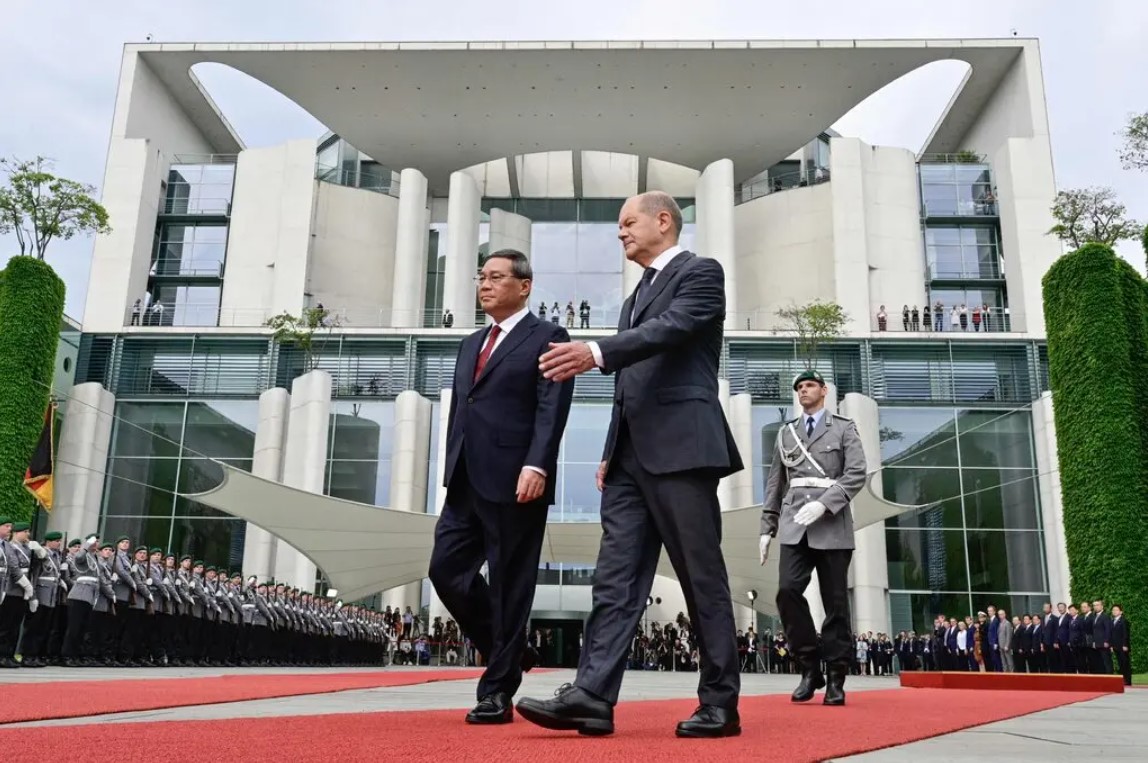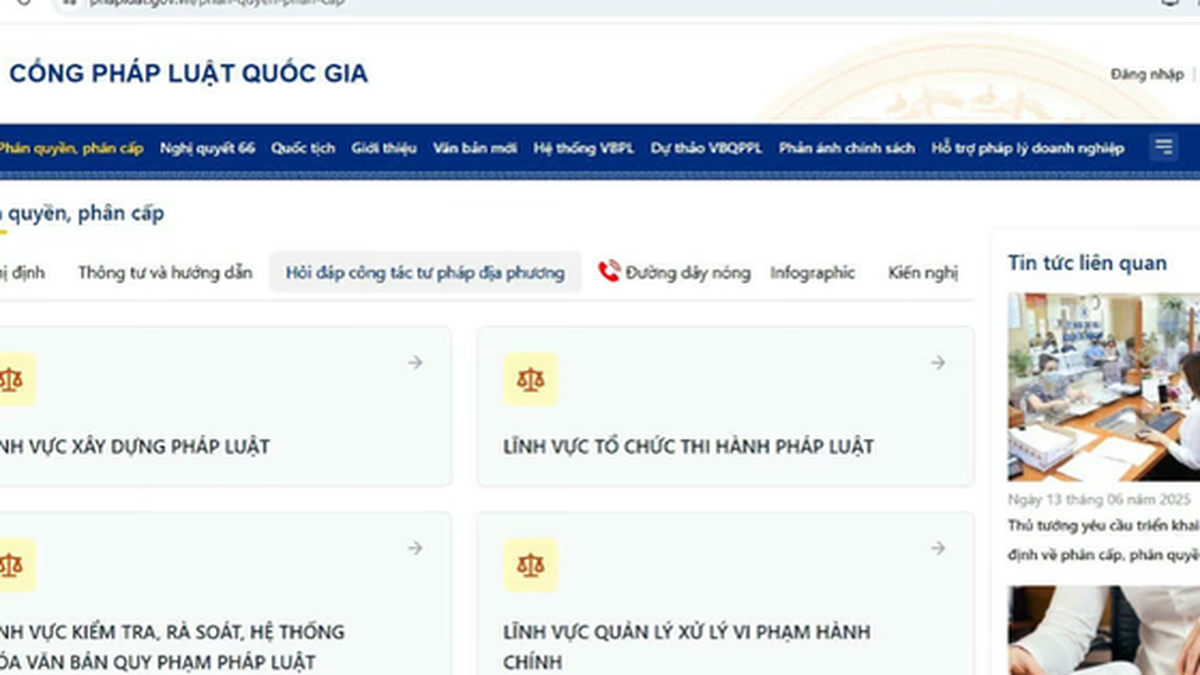The German government on July 13 approved its first national strategy on China, saying it would reduce its dependence on the world's second-largest economy in "critical areas" including medicine, lithium batteries used in electric vehicles and essential elements for chip production.
“China has changed. As a result of this and China’s decisions, we need to change our approach to China,” the document said. Chancellor Olaf Scholz’s cabinet approved the 61-page document after months of delays and debate due to disagreements within his three-party coalition.
The strategy identifies the Asian superpower as a “partner, competitor and systemic rival” and calls for significantly reducing dependence on Chinese goods while maintaining economic ties worth hundreds of billions of dollars.
China is Germany's most important trading partner, with trade between the two countries expected to reach around $335 billion by 2022, according to the German government .
Risk Reduction
China is an important partner for Germany in tackling climate change, pandemics and sustainable development, the country’s strategy paper said. But it is “pursuing its interests much more assertively and is trying to reshape the existing rules-based international order in various ways,” with consequences for global security.
The document stresses that Europe’s largest economy wants to maintain trade and investment ties with China, while reducing its dependence on key sectors by diversifying its supply chains – a goal it calls “de-risking”.
“Our aim is not to decouple from Beijing. We want to reduce important future dependencies,” German Chancellor Scholz wrote on Twitter.

An automobile assembly line at the FAW-Volkswagen plant in Qingdao, China. Volkswagen China chief Ralf Brandstätter affirmed that the car company will continue to invest in the Asian country. Photo: CNN
Germany's new strategy represents a tougher line than that of Chancellor Angela Merkel, which sees China as a huge growth market for German goods.
The previous strategy created a close relationship with China, with more than a million direct German jobs and many more indirect jobs directly dependent on China. Nearly half of European investment in China comes from Germany, and nearly half of German manufacturing companies rely on China in their supply chains.
However, the Covid-19 pandemic has shown the extent to which Germany and Europe are increasingly dependent on China for medical technology and pharmaceutical goods, including antibiotics, as well as information technology and products needed to produce semiconductors, as well as metals and rare earths needed for the energy transition.
The Russia-Ukraine conflict that is set to flare up in 2022 has also raised concerns that Beijing could exploit economic dependence in ways similar to how Moscow weaponized Germany’s dependence on natural gas exports.
“In key areas, the European Union must not rely on technology from non-EU countries that do not share our fundamental values,” the document asserts.
China's response
On July 13, the Chinese Embassy in Germany voiced its opposition to the European country's new strategy, calling on Berlin to consider China's development in a rational, comprehensive and objective manner.
“Many of the challenges and problems Germany is currently facing are not caused by China. China is Germany’s partner, not its opponent, in addressing challenges,” the Chinese embassy said in a statement on its website.
The agency said that viewing China as a competitor and institutional rival is inconsistent with reality and the common interests of the two countries.
“Forming ideologically oriented strategies toward China will only aggravate misunderstandings and miscalculations, and endanger cooperation and mutual trust between the two sides,” the Chinese statement said.

Chinese Premier Li Qiang (left) and German Chancellor Olaf Scholz met in Berlin in June 2023. Photo: NY Times
Germany will continue to develop a list of goods subject to export controls based on new technological developments, such as cybersecurity and surveillance, etc., the strategy document said.
In response, the Chinese Embassy stressed that bilateral cooperation in various fields such as economy and trade is mutually beneficial, practical and complementary.
The embassy statement pointed out that the biggest risk to global economic stability and recovery today is “the promotion of confrontation and division, as well as the securitization and politicization of normal cooperation.”
China has always attached great importance to developing relations with Germany and is willing to work with the European country to implement the results of the seventh round of China-Germany government consultations, the Chinese embassy said.
However, the development of bilateral relations must uphold the basic principles of mutual respect and equality, the agency added.
“China firmly opposes using issues related to Taiwan, Xinjiang, Hong Kong, the South China Sea and human rights to interfere in China's internal affairs, distort and discredit China, and even undermine China's core interests,” the agency warned .
Nguyen Tuyet (According to CNN, NY Times, China Daily)
Source
























![[Photo] National Assembly Chairman Tran Thanh Man visits Vietnamese Heroic Mother Ta Thi Tran](https://vphoto.vietnam.vn/thumb/1200x675/vietnam/resource/IMAGE/2025/7/20/765c0bd057dd44ad83ab89fe0255b783)









































































Comment (0)